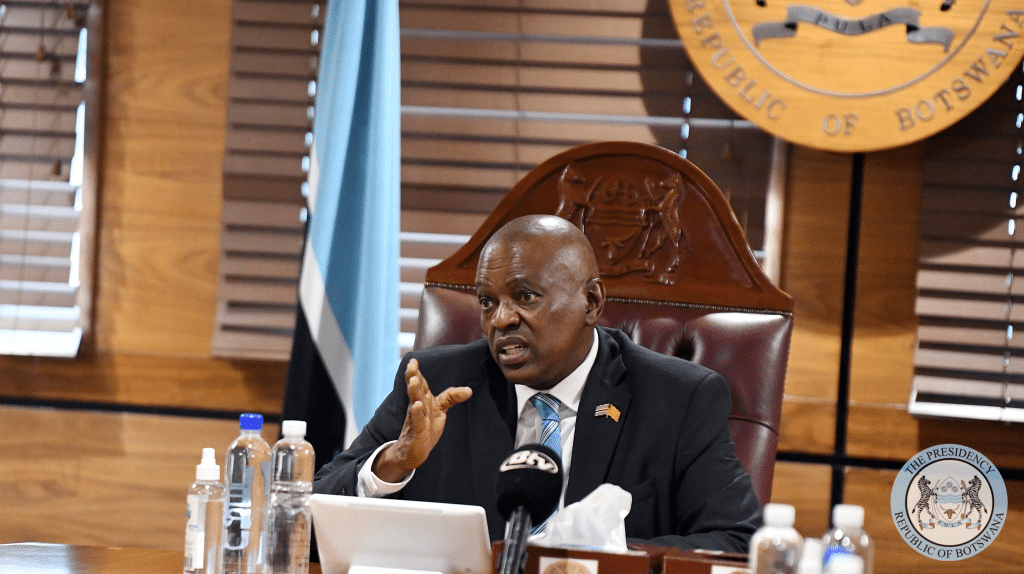The President of the Republic of Botswana did not mince words in expressing his disagreement with the German authorities, who are considering imposing stricter restrictions on the import of hunting trophies. In response, President Mokgweetsi Masisi has promised to transfer up to 20,000 elephants to the German capital, Berlin. A joke that reflects the difficult cohabitation between wild animals and man in Botswana.
Botswana threatens to send 20000 elephants to Germany: background to a tense situatio
Meanwhile, in South Africa, the government has banned the breeding of lions and rhinos on private farms. A decision widely welcomed by animal rights activists.
On the subject of the Sustainable Development Goals (SDGs), the United Nations (UN) this week estimated that the funding gap had grown from $2,500 billion to $4,200 billion per year by 2024.
Financing SDGs: deficit has risen from $2500b to $4200b per year, according to the UN
However, in East Africa, climate change, particularly drought, is affecting the food security of at least 24 million people in Malawi, Zimbabwe, Mozambique and Zambia.
The climate is starving 24 million Malawians, Zambians, Zimbabweans and Mozambicans
For its part, Morocco wants to play a leading role in the development of the green hydrogen sector worldwide. As part of this strategy, the Moroccan group OCP and Australia’s Fortescue have pledged to work together to exploit the Kingdom’s potential.
After Kenya and Namibia, Fortescue to develop hydrogen in Morocco with OCP
See you next week,
